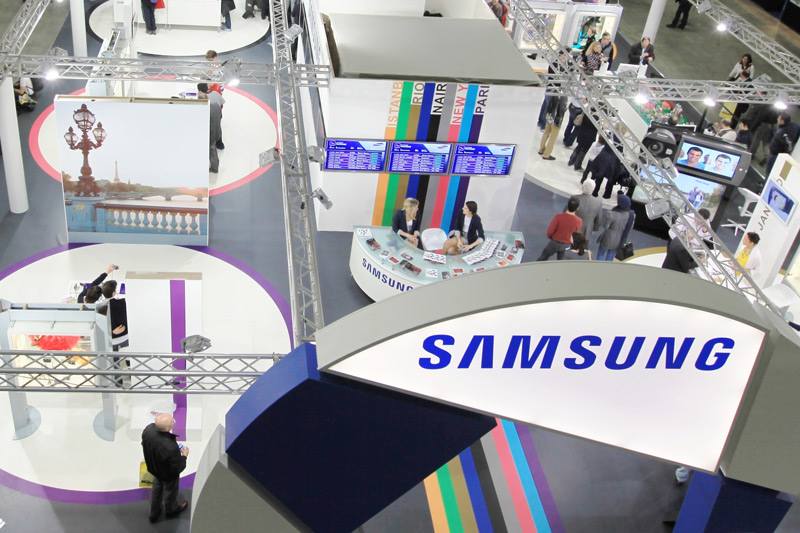German construction sector still in recession, civil engineering only bright spot
Investing.com -- Samsung Electronics (KS:005930) received an upgrade from Macquarie analysts following confirmation of a major foundry deal with Tesla (NASDAQ:TSLA), a move the broker believes could help turn around the company’s struggling chip manufacturing unit.
The broker raised its rating on the stock from Neutral to Outperform and lifted the target price to 95,000 Korean won, implying a 37% total shareholder return (TSR).
Tesla’s recently announced 22.8 trillion won order—set to run from 2027 to 2033—will primarily involve production of AI6 chips on a 2nm node at Samsung’s Taylor, Texas fab.
Macquarie estimates annual revenue from the contract at around 2.9 trillion won, with potential peak sales hitting 5 trillion won in one year.
“Winning back the Tesla Foundry contract should not only increase its fab utilisation rate, but also work as a reference for future bigger projects,” Macquarie analyst Daniel Kim said in a Monday note.
Although the contribution margin from the deal may remain small, given depreciation costs tied to the Taylor facility, the analyst emphasized the strategic value.
“This order should allow Samsung’s Foundry division to build a good reference for bigger mobile chip companies (Qualcomm (NASDAQ:QCOM) or AMD (NASDAQ:AMD) as well as provide experience in advanced geometry node, 2nm GAA with BS-PDN,” Kim continued.
Beyond foundry, Macquarie also pointed to Samsung’s strong position in the conventional DRAM market, which is undergoing an upcycle. With rivals facing wafer capacity constraints and memory density accelerating, Samsung is expected to gain share.
“The DRAM upcycle, overshadowed by mightier HBM, is strong and likely sustainable into 2026,” the report said.
Macquarie raised its 2026 and 2027 operating profit estimates by 19% and 16%, respectively, driven by higher DRAM prices and reduced foundry losses.
Samsung’s HBM business is positioned as a long-term upside option. While near-term contributions are limited, Macquarie sees potential for sales to improve from 2026 as redesigned chips and better yields support future growth.
